Sometimes I’ll drive an old car and think that, while it’s charming, even if it was quite luxurious in its day, it would be tiring to cover huge distances in it now.
But new cars are different. Even basic ones are so quiet and accommodating that I think you could take the cheapest car on sale and happily cover mega miles in it. I think you could easily drive one – dramatic pause – around the world.
Only we can’t, obviously, not with everything that’s going on. And given the amount of time it takes, I would never get the expenses signed off.
But like a Poundland Phileas Fogg, I’m going to be joined by a sidekick, photographer Max Edleston, as we drive around the world (without leaving England) in just two days.
We’re going to tick off all the right places, albeit not necessarily in quite the right order, for our lengthy global trip in Britain’s cheapest new car, the Dacia Sandero. Better still, I think we can do it without refuelling.
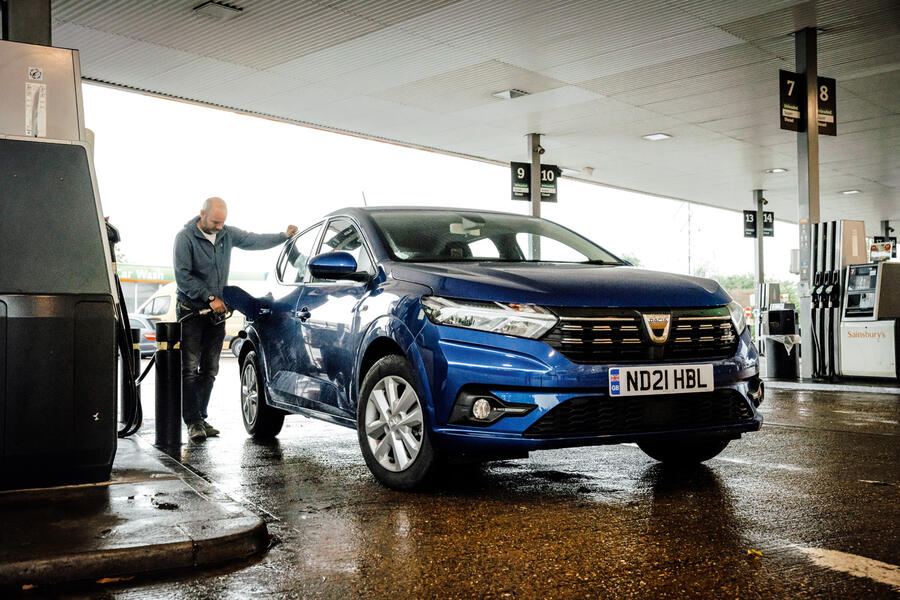
My hunch is that the cheapest car on sale – albeit not the cheapest version of it – also has the longest range of any car on sale. Remember liquefied petroleum gas, or LPG? It was once viewed as a potential mainstream alternative to petrol but cheaper, incurring a lower tax rate and emitting less CO2.
In some filling stations you can still get it, and the Sandero Bi-Fuel (chosen by about one in 10 Sandero buyers) has a 40-litre LPG tank where the spare wheel would usually be, in addition to its 50-litre petrol tank, so its 1.0-litre three-cylinder turbo engine can run on either. I reckon it should do more than 800 miles without refuelling.
You can swap between the two fuels at the push of a button. LPG tends to make a little more power and torque than petrol (99bhp and 125lb ft versus 89bhp and 118lb ft), albeit it isn’t quite as efficient.
But it’s cheaper and prices are less volatile. A year ago, a litre of petrol would cost about £1.20 on average and a litre of LPG 65p. Petrol is pushing £1.66 as I write, and who knows what it will be by the time you read this, while LPG is still only 71p.
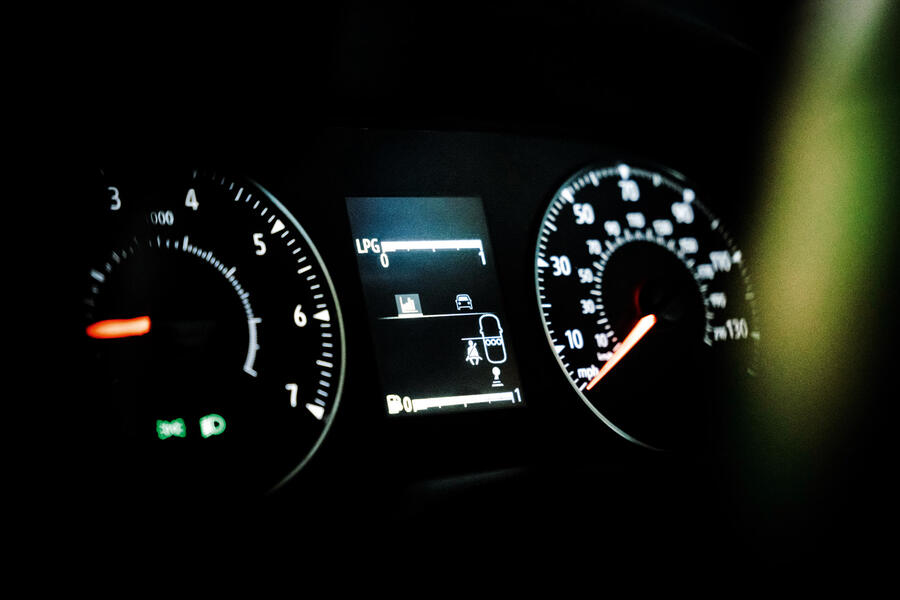

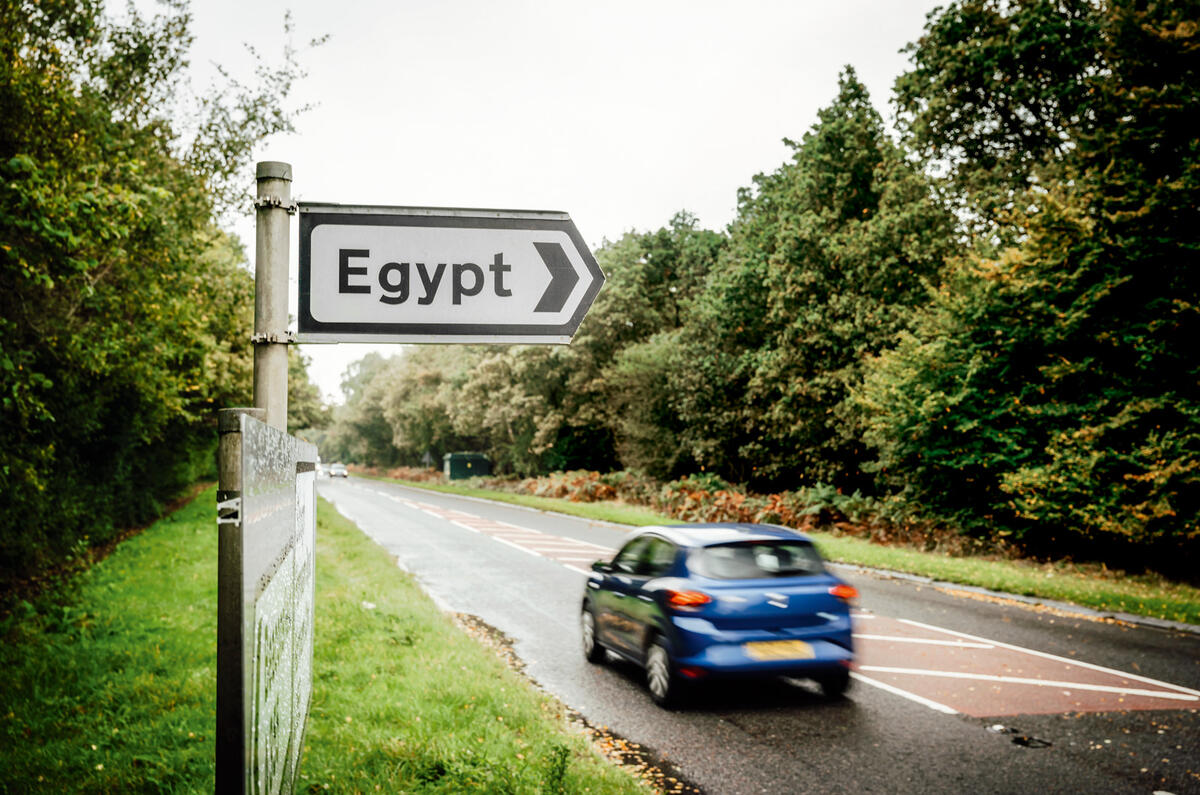
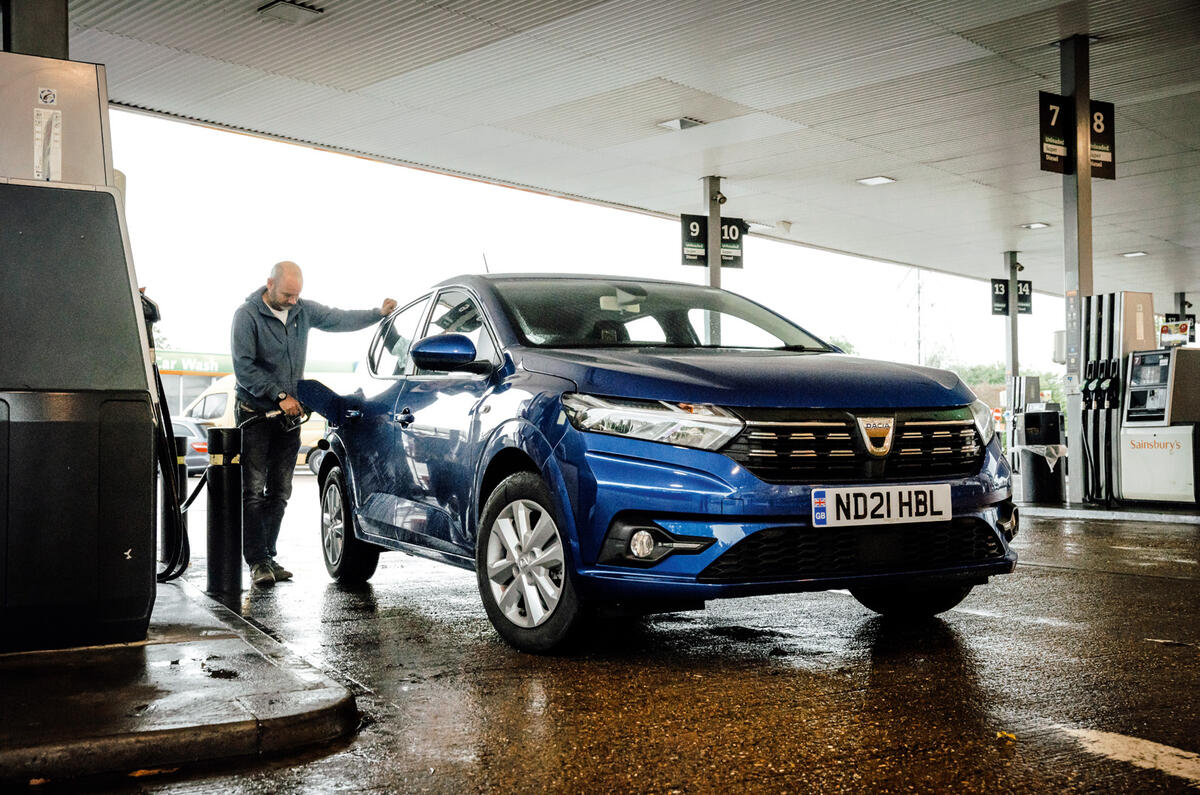
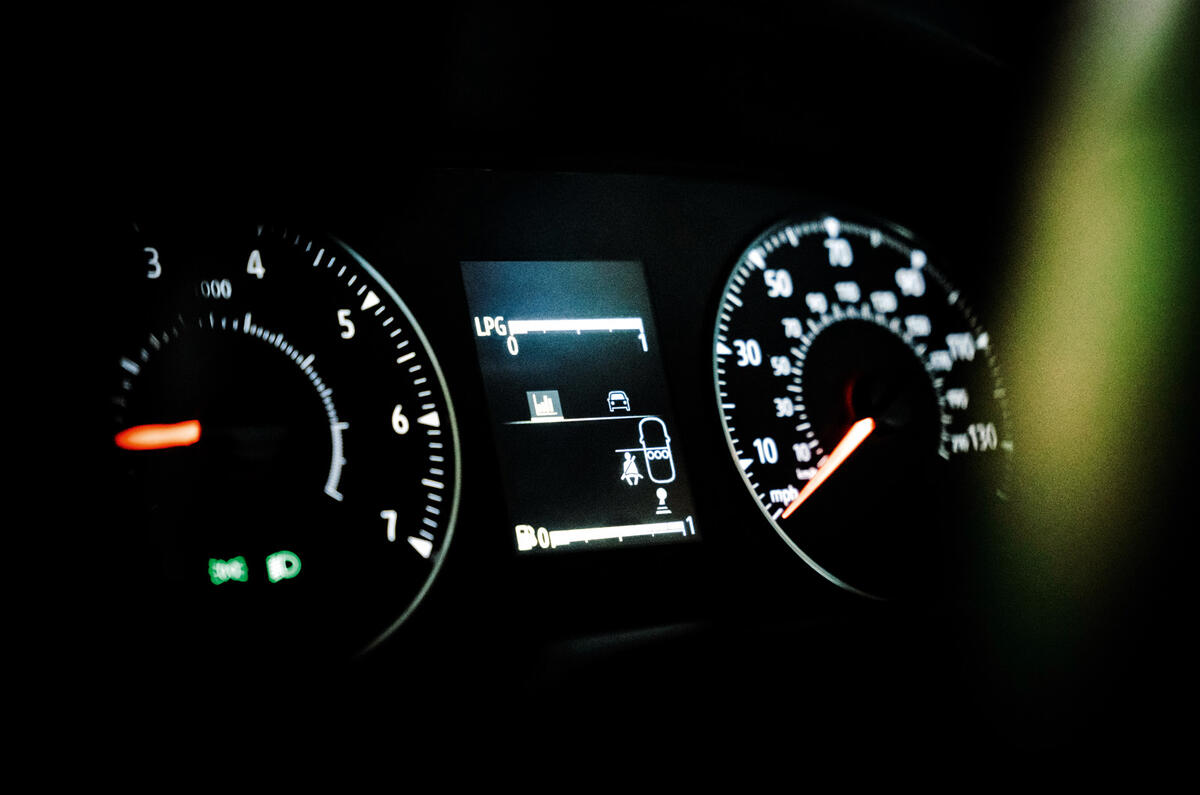
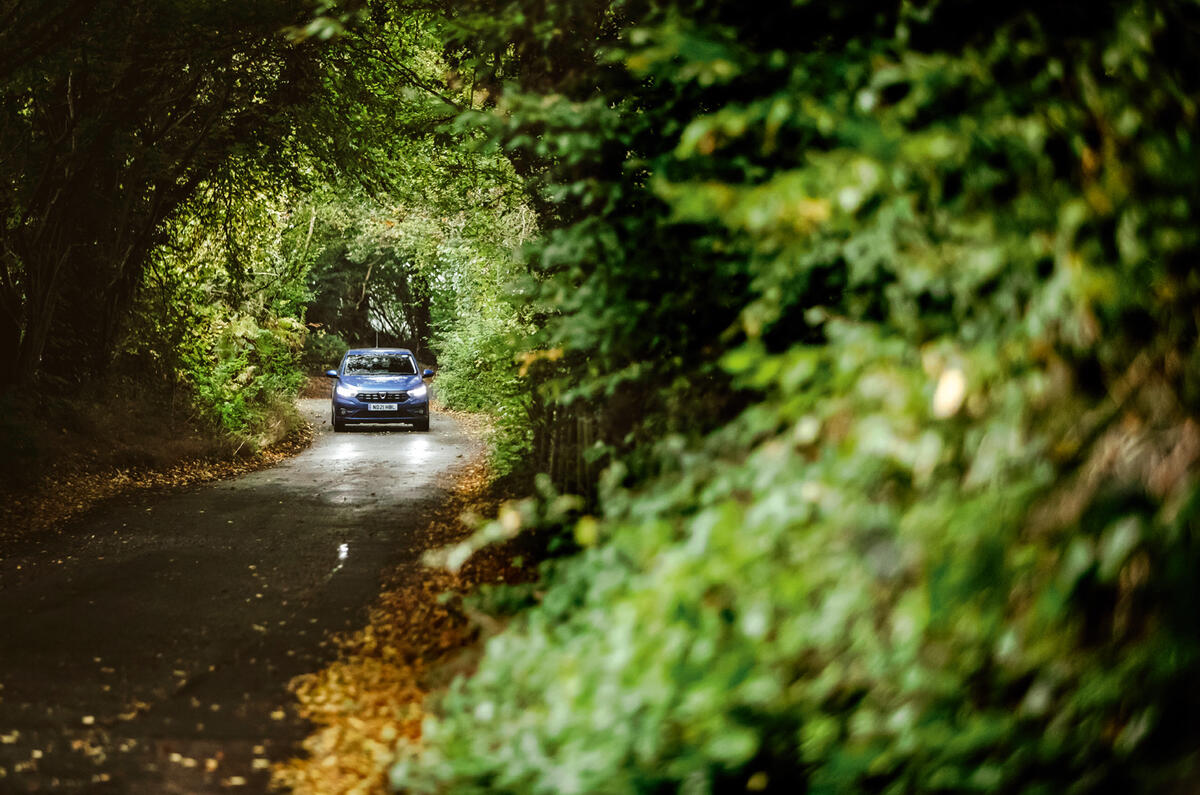
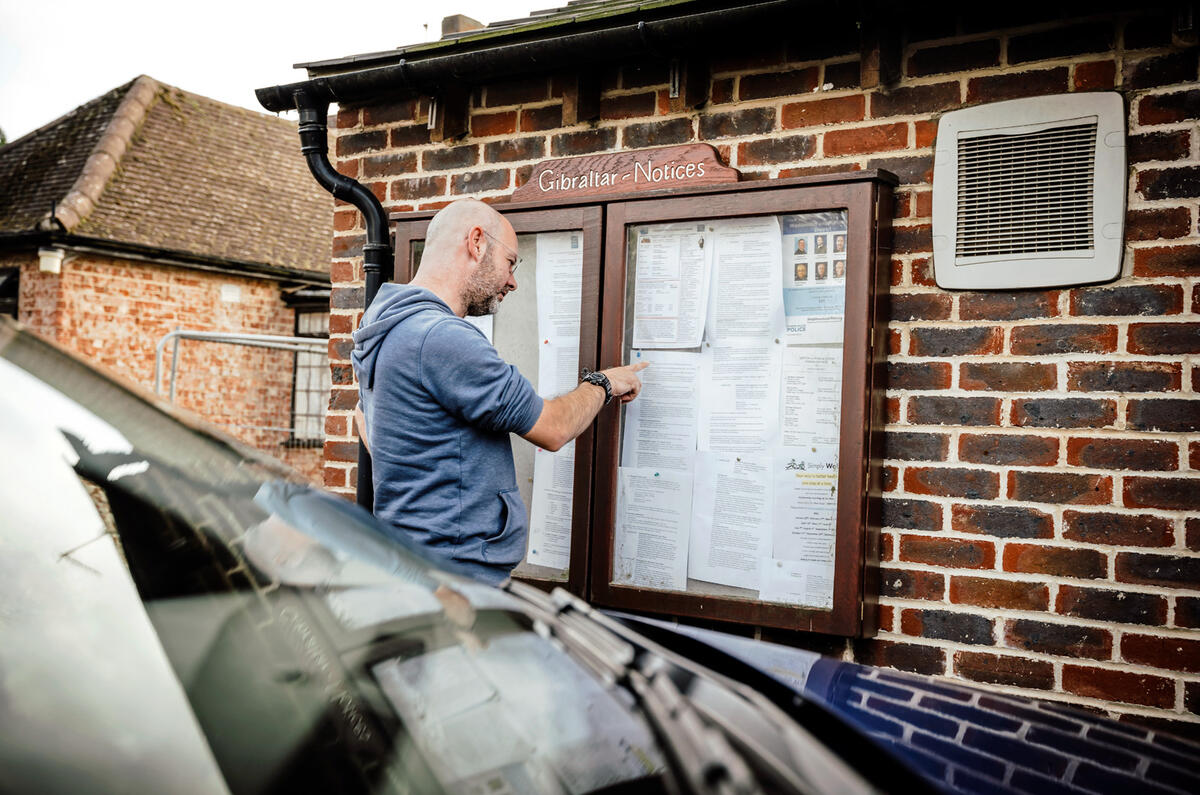
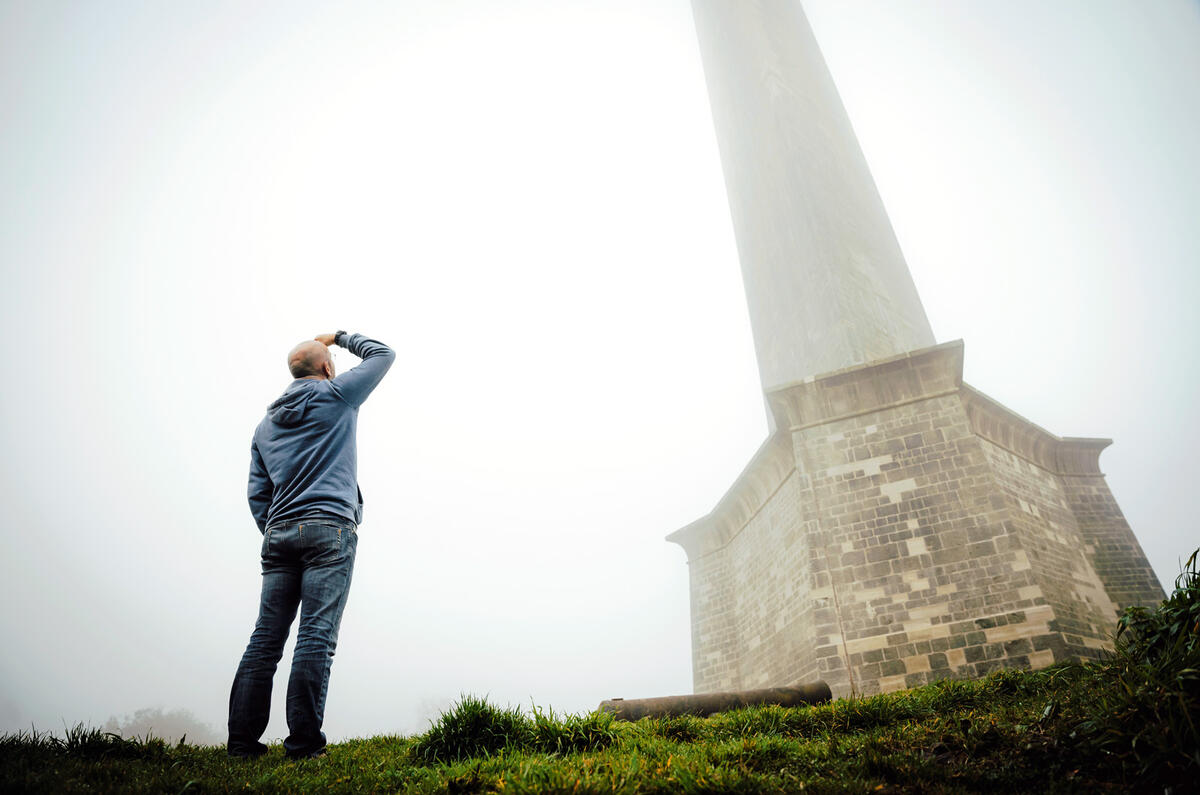
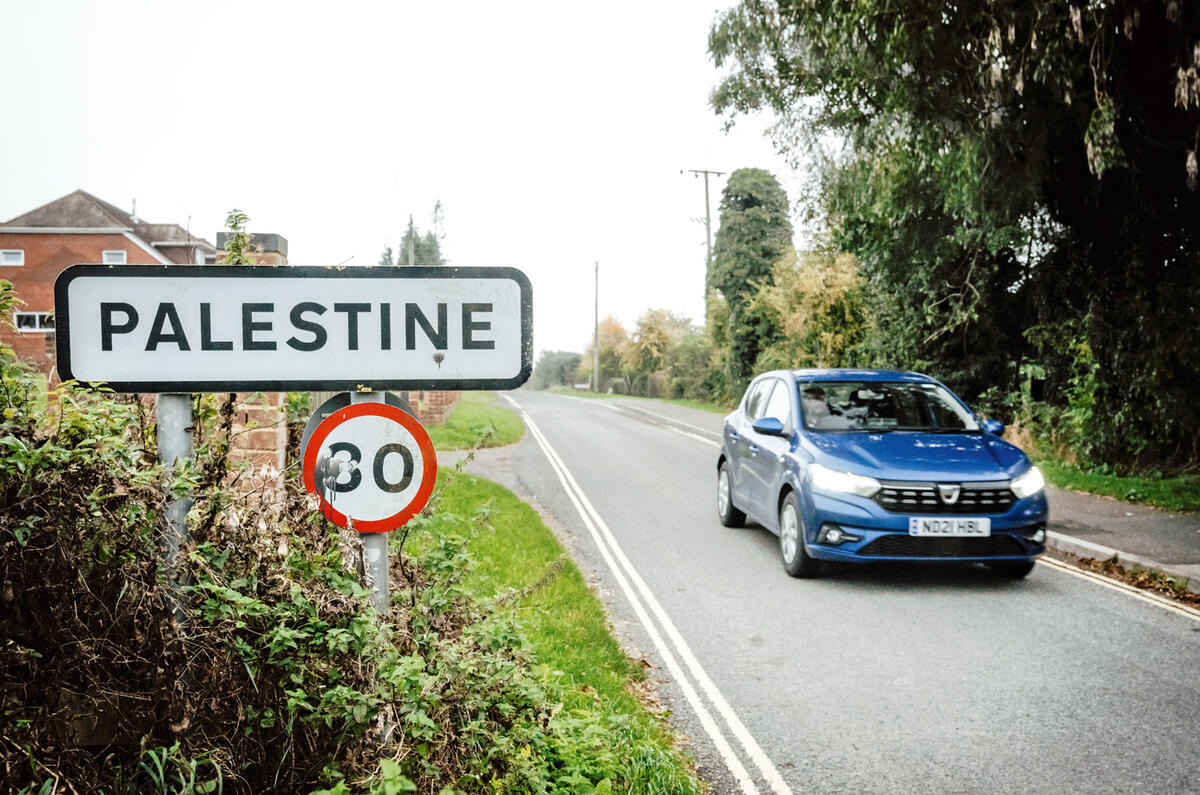
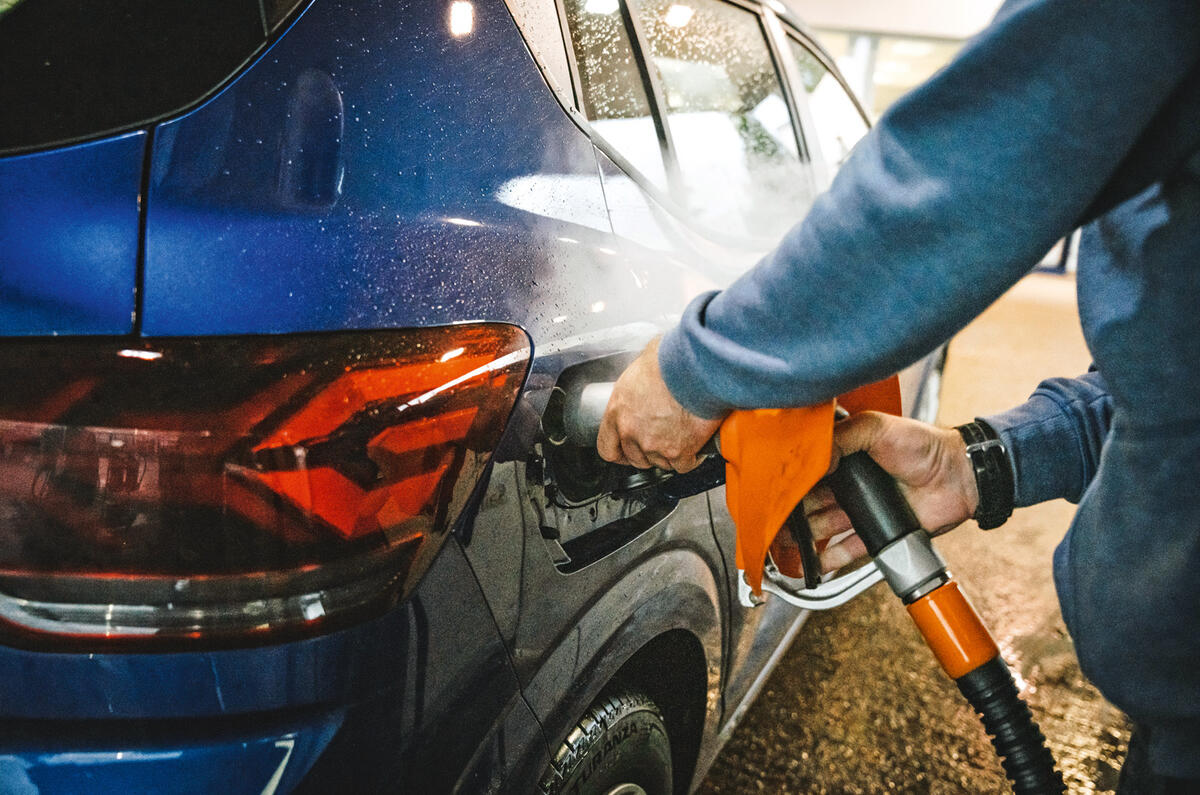
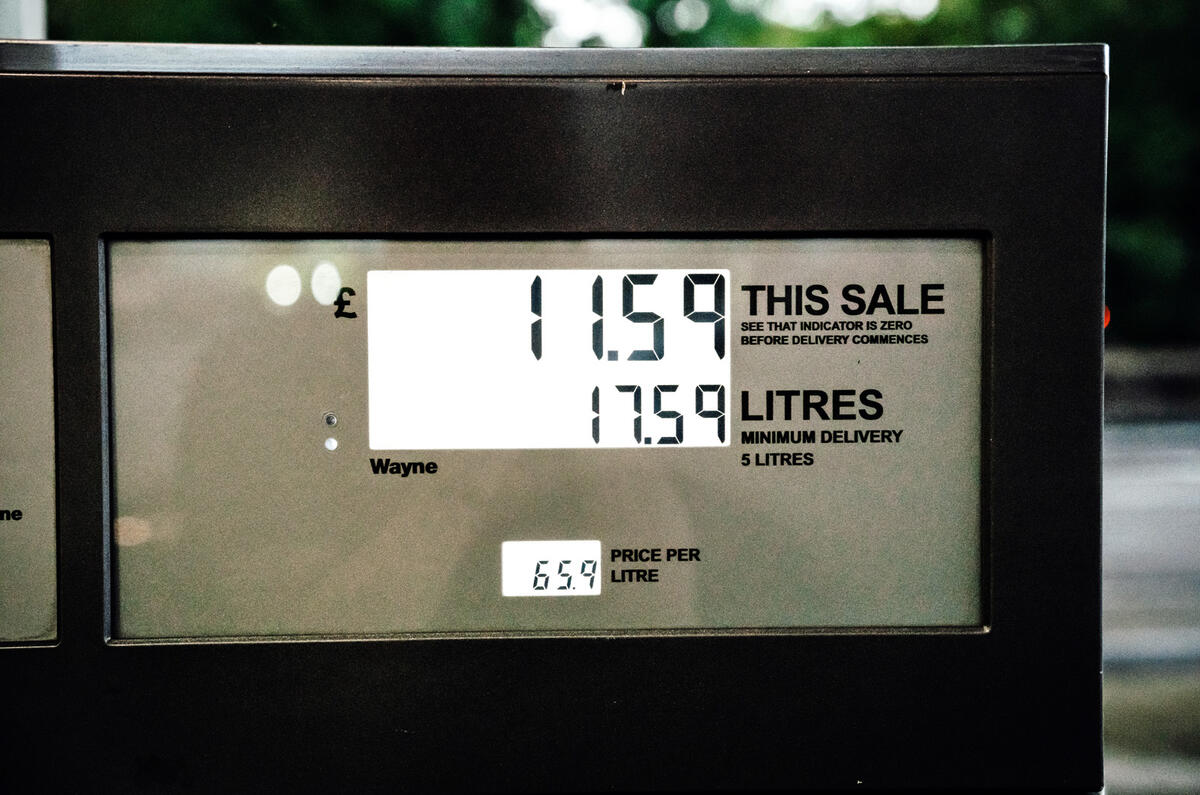
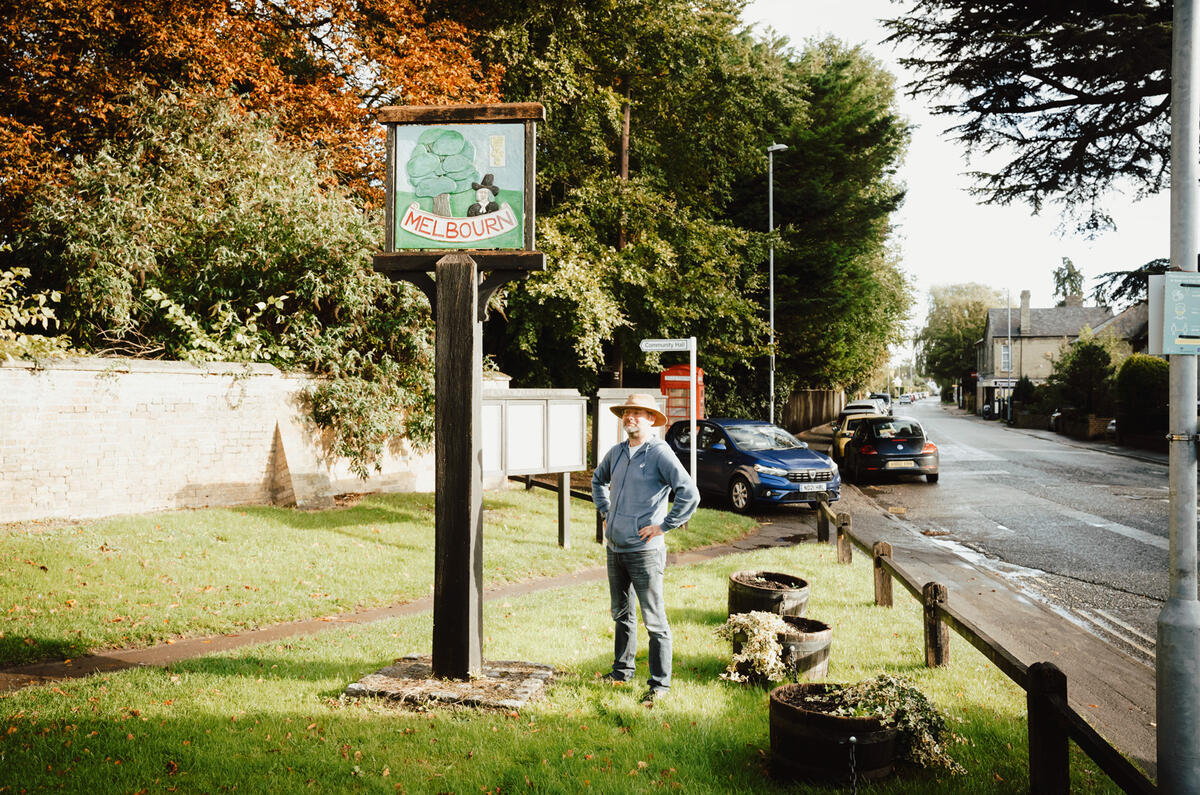
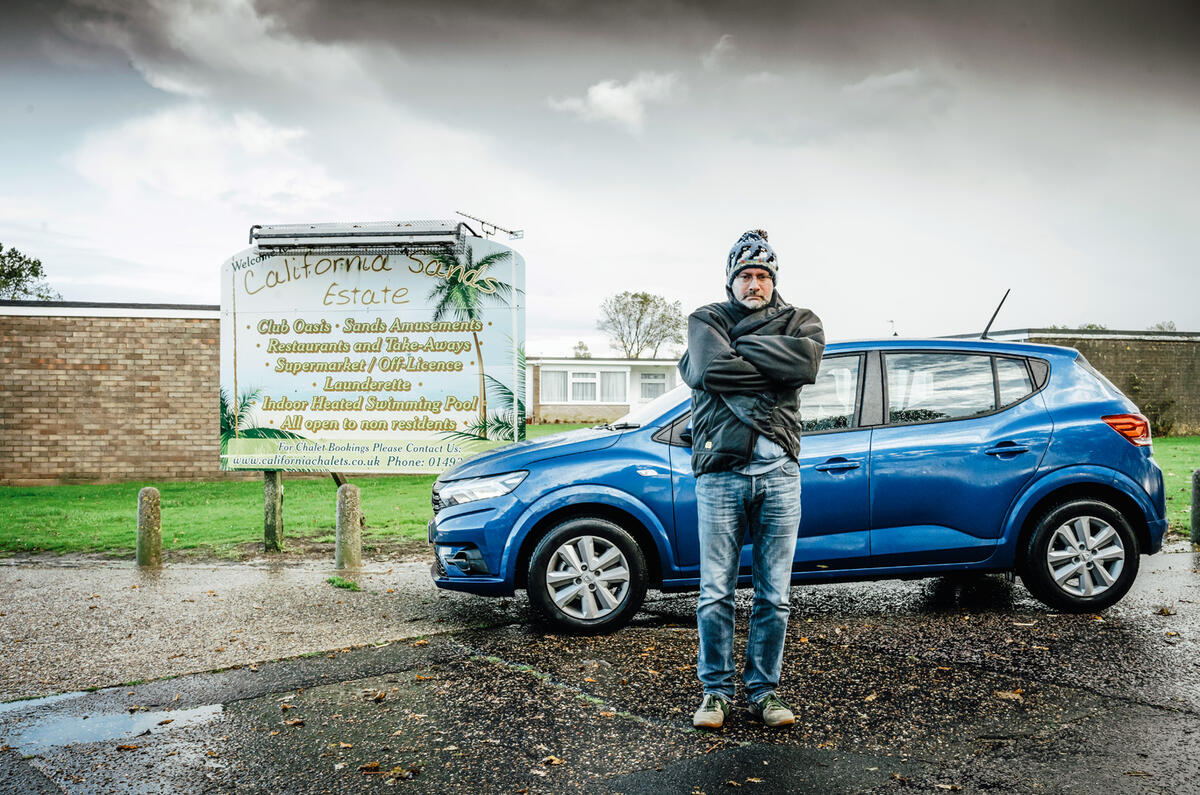
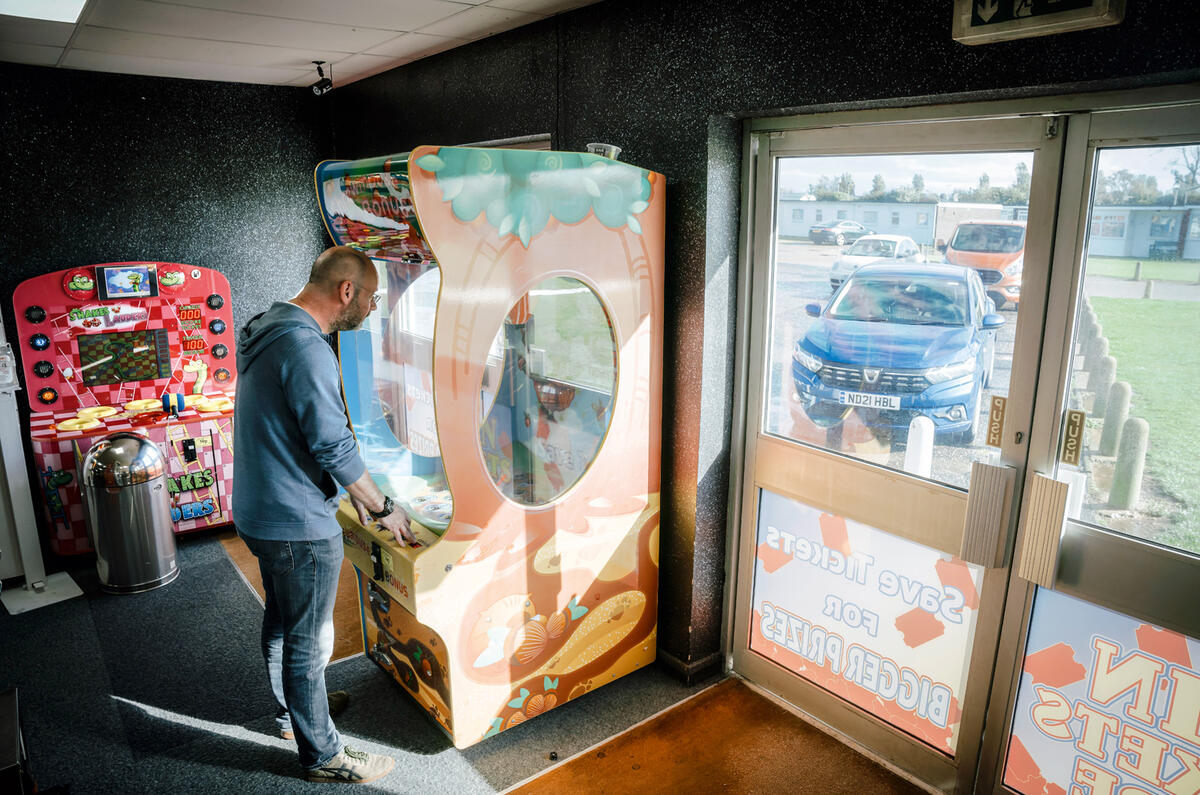
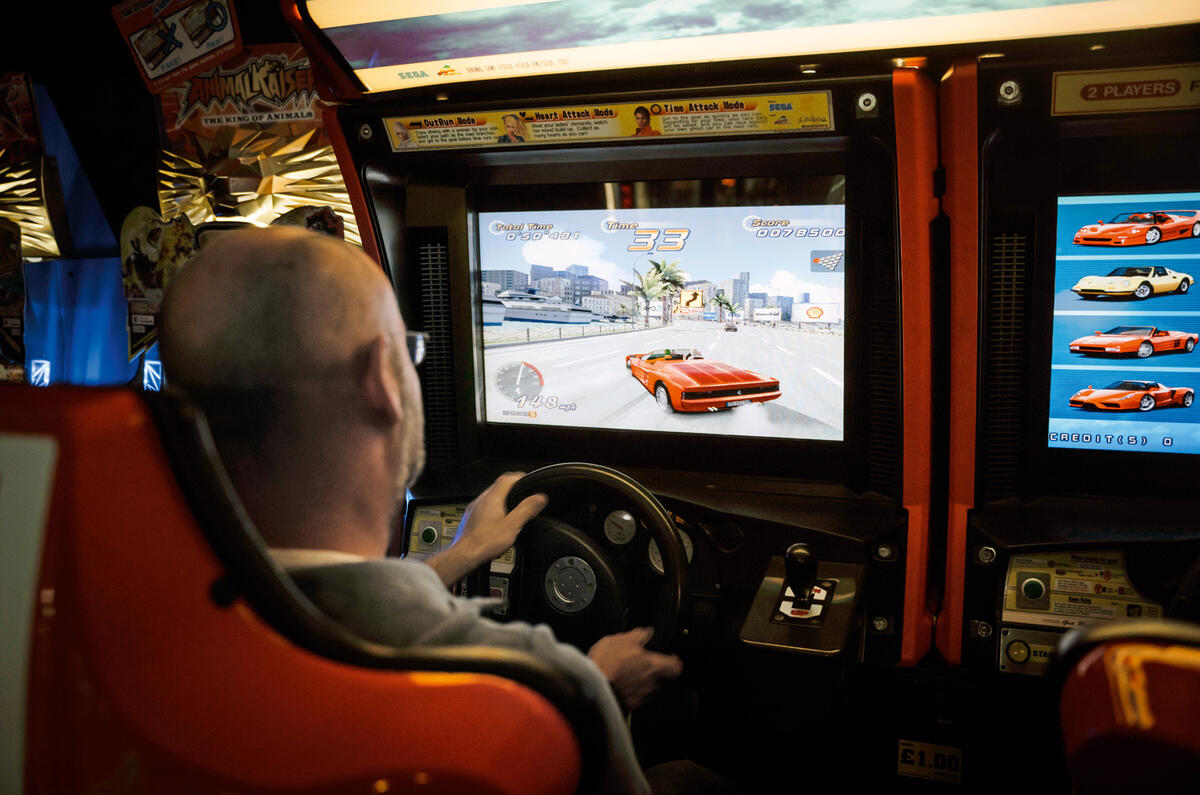
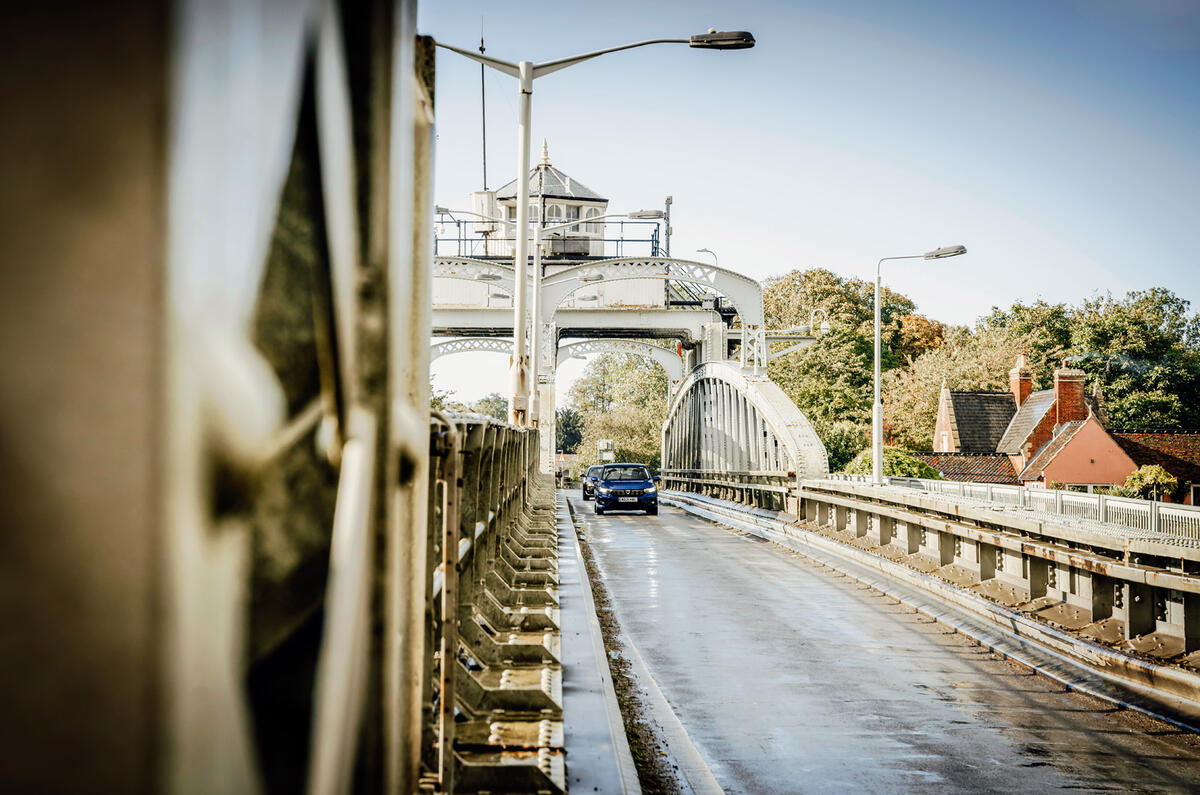
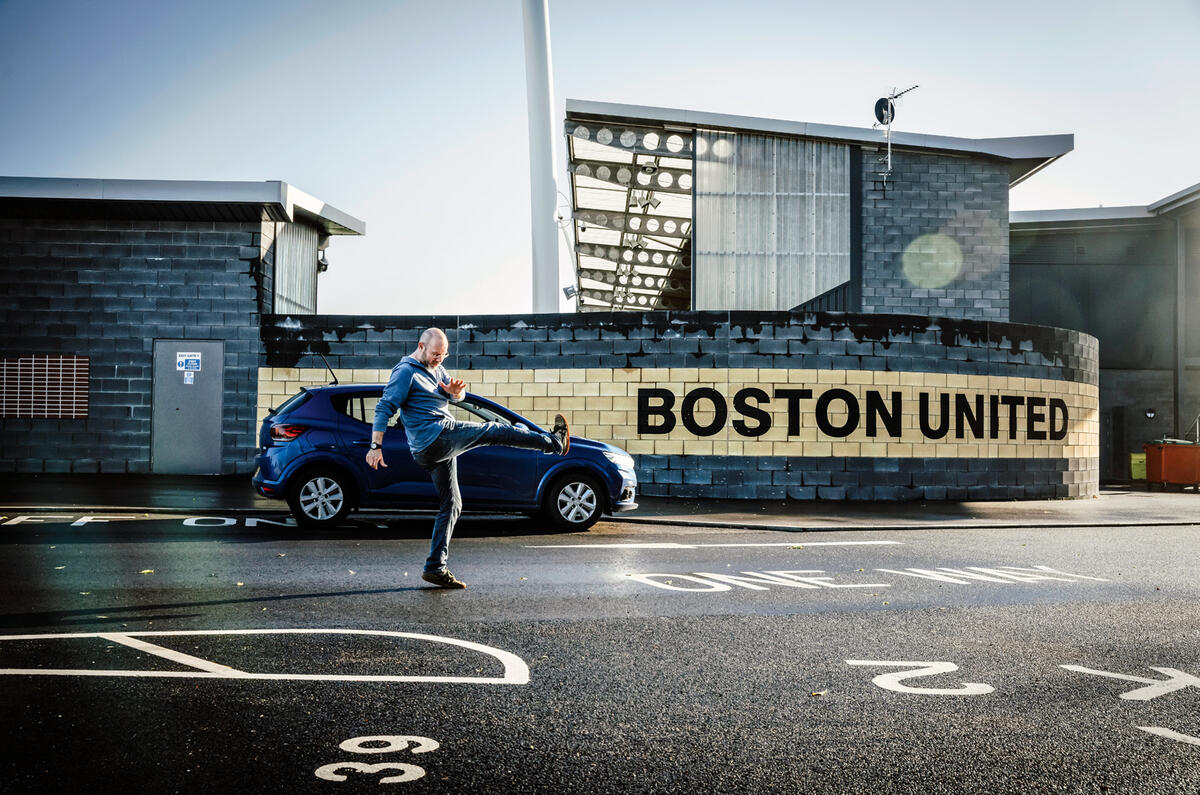
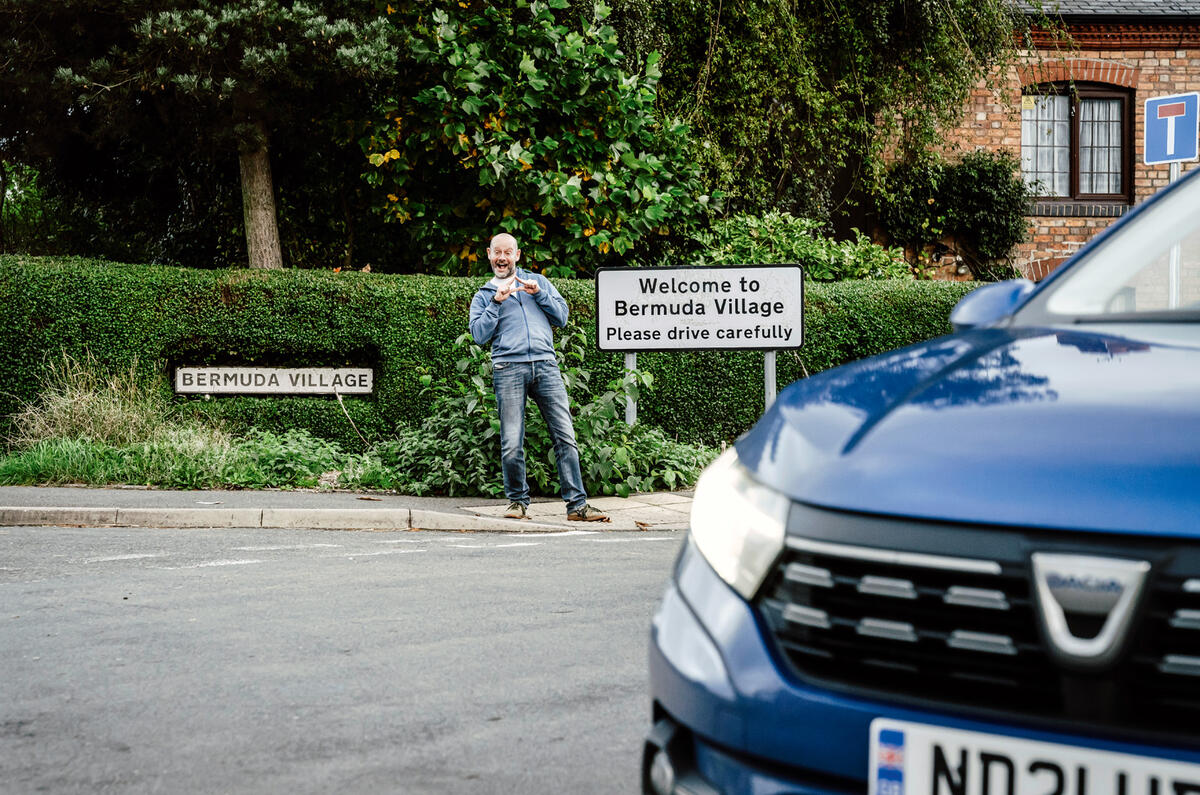
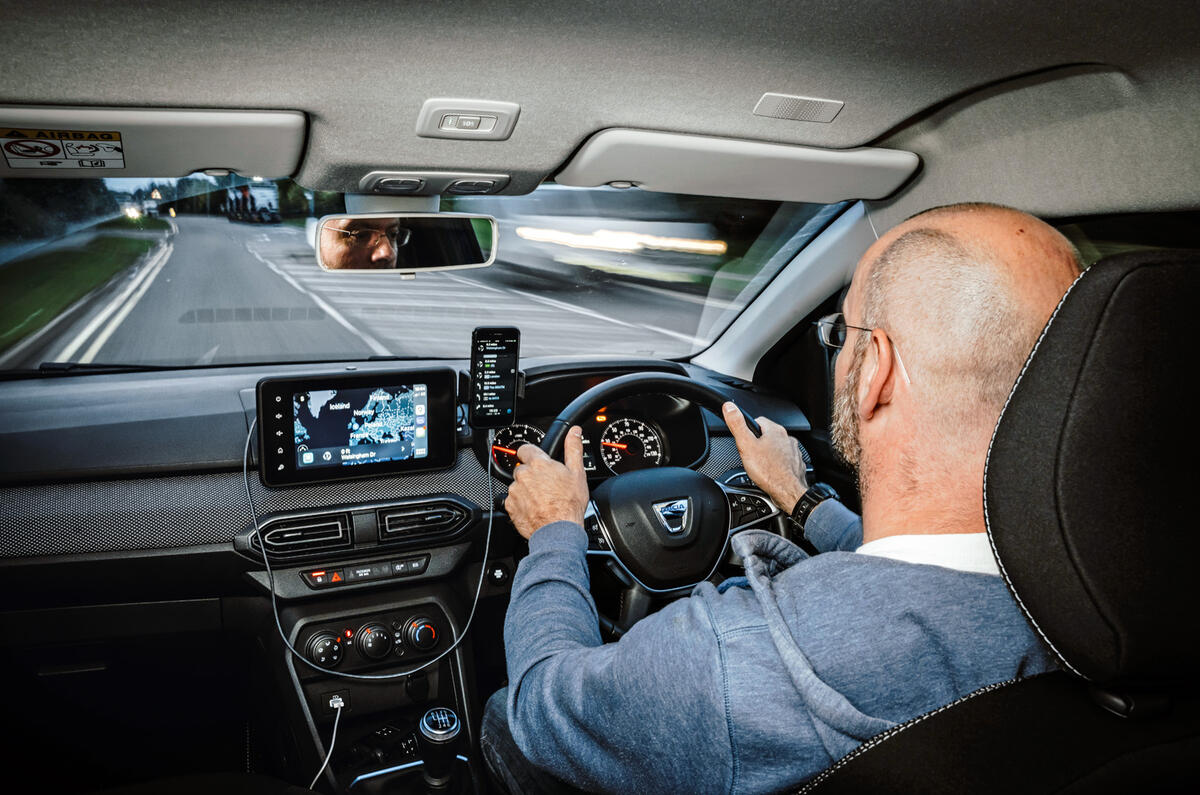
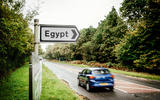
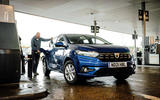
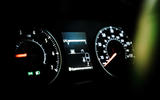
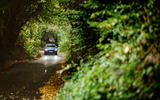
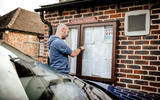

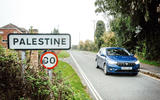
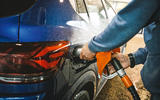
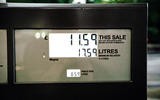
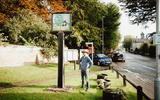


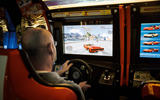
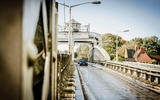

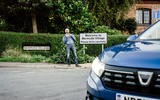
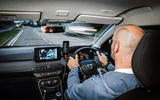

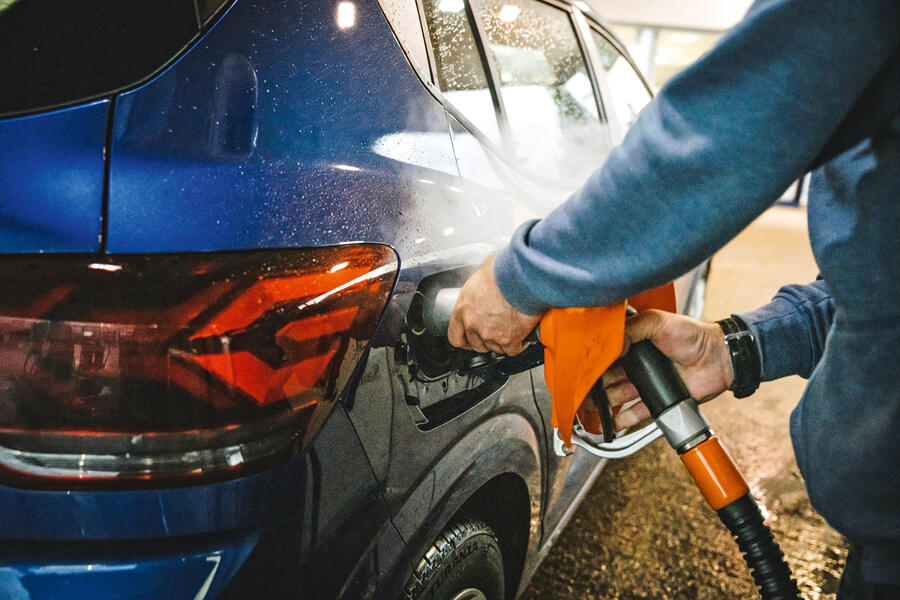
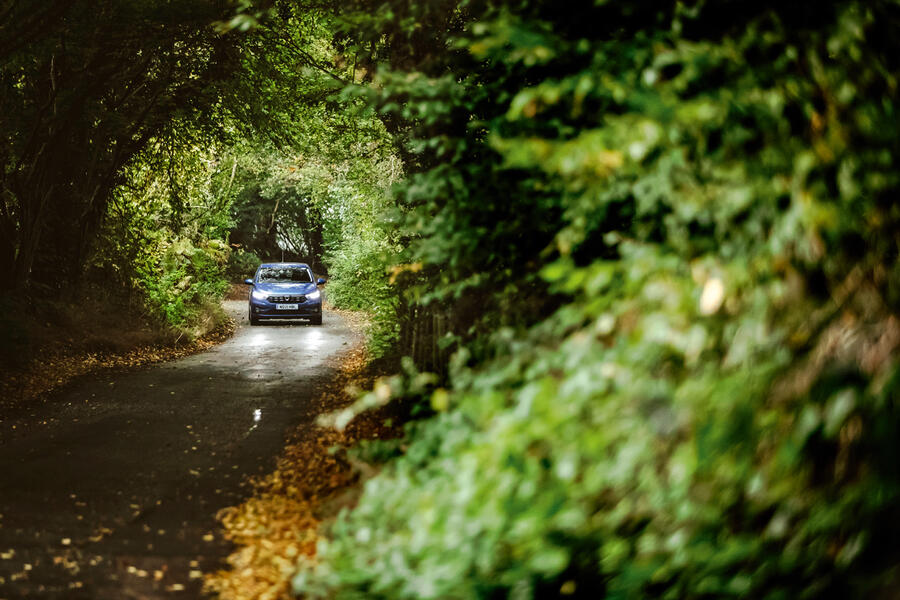
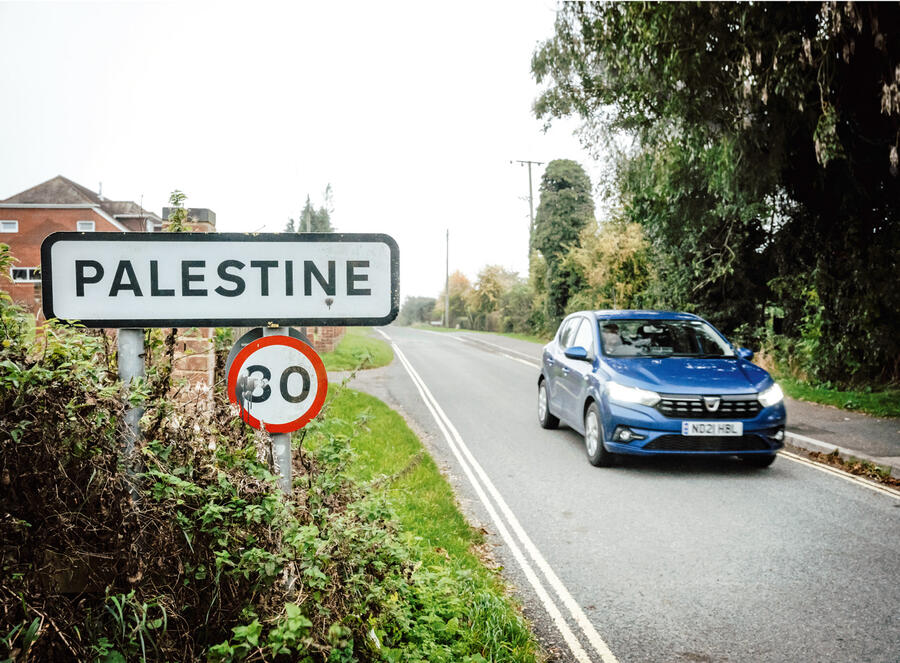
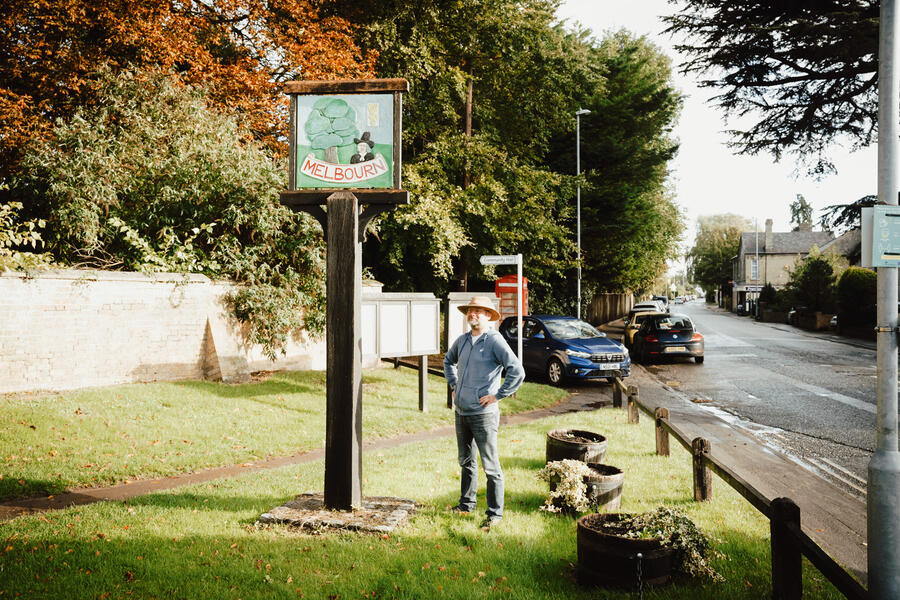
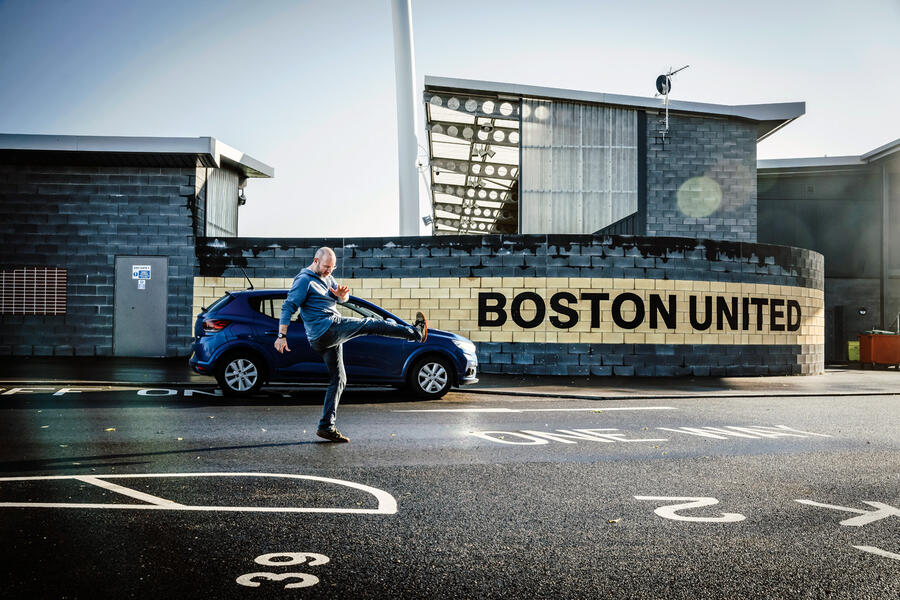
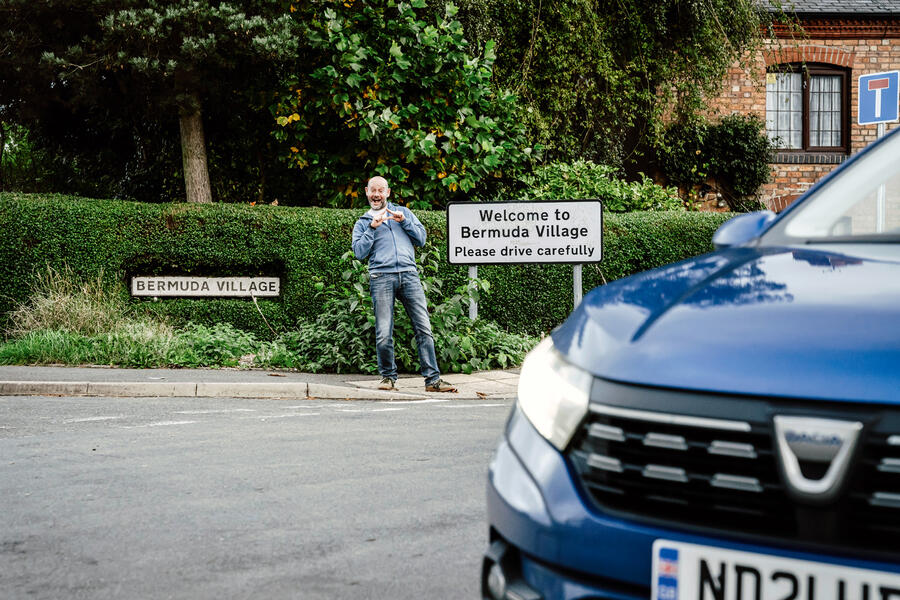
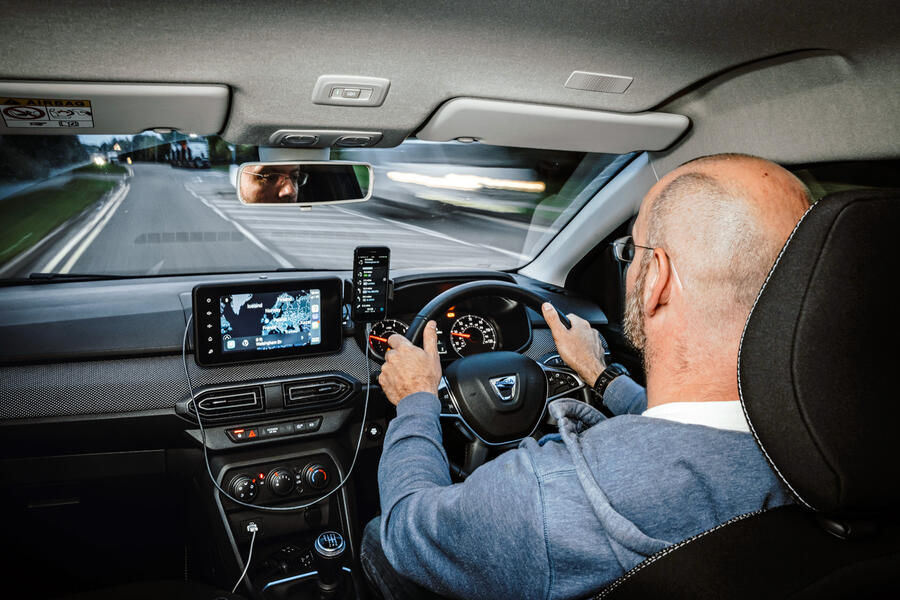




Join the debate
Add your comment
Nice story. I always felt that well designed, efficient small cars were much more capable of doing long journeys in comfort than the press and general public believed. I did many epic journeys (to the Alps, Scotland etc) in the 90s in a 55hp Peugeot 205 in comfort. The Sandero is undoubtedly more sophisticated but is this really such a revelation? Or were my standards lower and body more resilient back then...?
One used to be able to order Mercedes cars with an optional 90 litre fuel tank. If that is still available the Merc S350d you mention would do over 840 miles.
Whilst you were in Boston you could have nipped to New York, also in Lincolnshire. There is an actual small (unspoilt) town called Melbourne near Castle Donington besides the Hall.
If you'd been in the real Egypt you wouldn't have seen any Dacia's because they are all badged as Renaults!!!